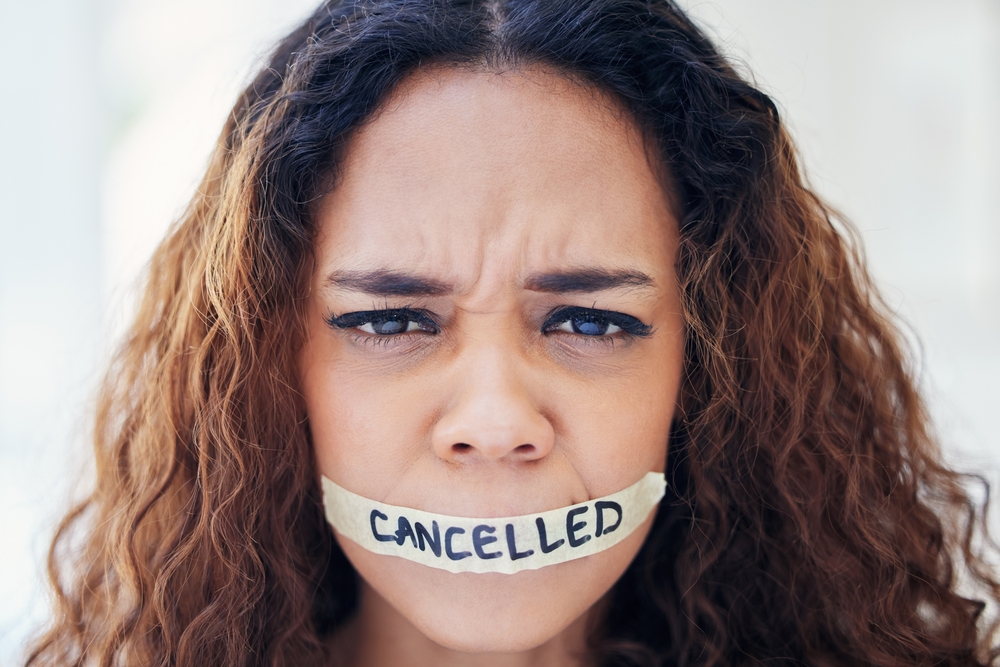The Emergence and Influence of Cancel Culture
Introduction: In today's interconnected world, the power of public opinion has grown exponentially. A particularly intriguing manifestation of this power is the phenomena known as "cancel culture". This article delves into the history, current trends, and sociological implications of this societal behavior. Read below for a comprehensive exploration of the topic.

A Historical Overview
The term “cancel culture” has only recently entered the mainstream lexicon, but its roots can be traced back to the dawn of the internet era. The advent of social media platforms in the late 2000s provided a fertile ground for this phenomenon to flourish. Cancel culture is essentially a form of online shaming, wherein individuals or groups are publicly called out and boycotted for perceived wrongdoings or controversial views.
The Mechanics of Cancel Culture
The process of ‘cancellation’ typically begins with an individual being accused of a socially or morally unacceptable act. This accusation is then amplified through social media, leading to public backlash, boycotts, and often, the withdrawal of professional opportunities from the accused. It’s a form of public trial, judged and executed by the court of public opinion.
Cancel Culture in Today’s Society
In the current socio-cultural landscape, cancel culture has become a pervasive phenomenon. It has the power to topple celebrities, politicians, and corporations, serving as a testament to the democratization of public discourse. However, it also raises questions about due process, free speech, and the potential for mob mentality.
The Sociological Perspective
From a sociological perspective, cancel culture is a result of the changing power dynamics in society. With social media, the masses now have a platform to voice their opinions and hold powerful entities accountable. However, it also represents a form of collective punishment, and its implications on individual rights and societal norms are still being explored.
Cancel Culture: A Double-Edged Sword
While cancel culture can serve as a tool for social justice, it can also act as a weapon for mass bullying. It may promote accountability, yet it can also foster a culture of fear and intolerance. As society continues to grapple with this complex phenomenon, it’s clear that cancel culture is shaping our collective consciousness in profound ways.
In conclusion, cancel culture is a fascinating and complex phenomenon, offering both opportunities for societal growth and challenges to our understanding of justice and freedom of speech. As we navigate this new terrain, it’s essential to promote discourse and understanding, balancing the power of collective action with the need for individual rights and due process.




